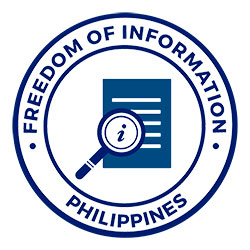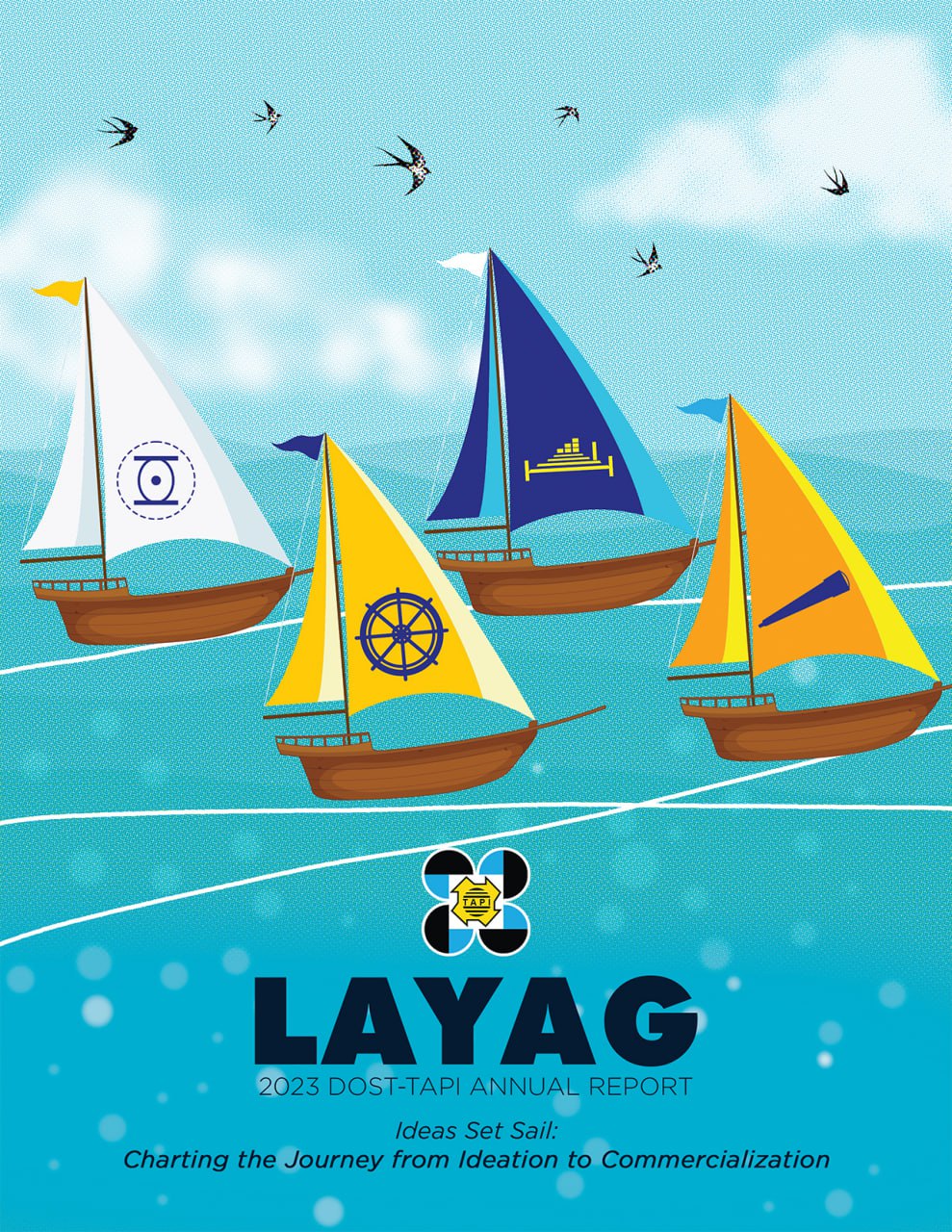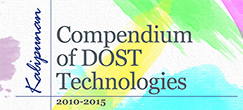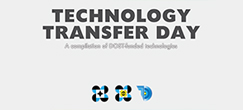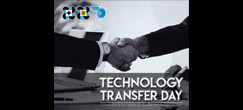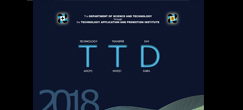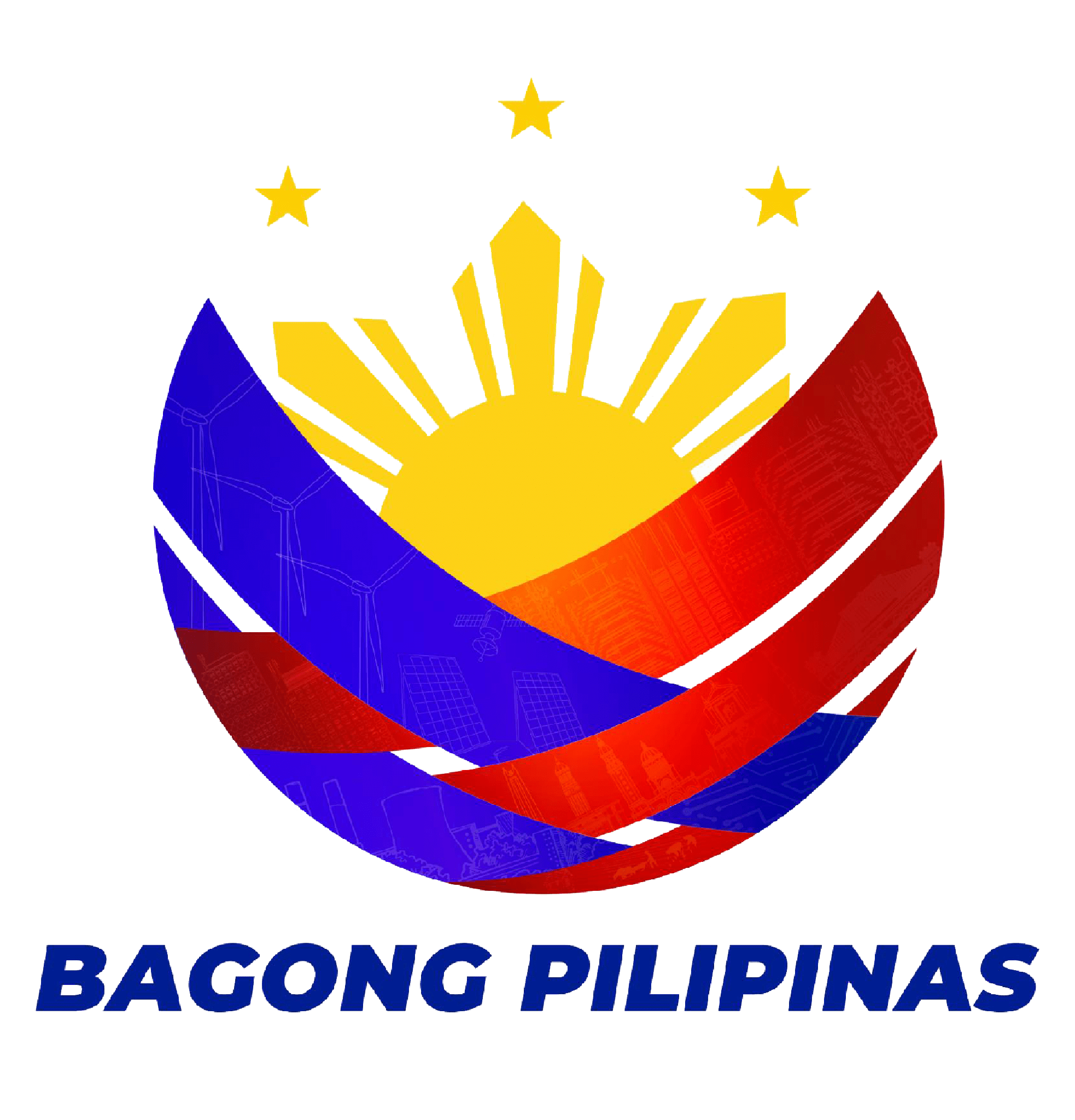- Details
By: Patricia Esteban
Jay Peneyra is a student turned educator who helped invent their school’s version of banana chipper. He was a beneficiary of DOST-TAPI’s Industry-Based Invention Development (IBID) program, which assists inventors to test, debug, refine, and optimize their inventions’ commercial prototypes.
Learning doesn’t end inside the confines of a classroom. It starts when one decides to go outside it and explore the unknown. Learning becomes associated with the people we meet, the people we teach, and the people who educate us.
For inventor and educator Jay Peneyra, he maximizes education through the power of collaborations.
Learning with the help of his classmates
It hasn’t always been an easy ride for Jay. He had to bounce back from learning curves he experienced along the way, including one in college. Along with his thesis mates, he worked on a coir decorticating machine, an invention designed to turn coconut husks into ropes, coco net, and other handicrafts to help farmers in Palawan.
But while developing their invention, their contractor backed out from the project. The machine was also not delivering their desired results. It was such a challenging time for Jay and his thesis mates that they thought they might not be able to graduate.
But Jay chose not to give up. He and his partners solved each problem in their project little by little with the help of their teachers and dean.
Learning with his colleagues and teachers
Jay is now an educator who still aims to innovate and push research forward for his students. He inspires them to rise above every challenge, especially when they feel like they are at the end of the line. He reminds his students to constantly have the thirst for research and be future-forward with their thinking.
“Tuloy-tuloy talaga ‘yung research, innovation, [at] improvement. Hindi talaga tumitigil,” he shared. “Huwag nating isipin na wala na tayong ma-momodify, wala na tayong ma-iimbento. Kung baga, meron pa.”
Jay also collaborated with his colleagues and teachers in developing the coir decorticating machine designed to separate coco fiber and coconut peat from the husk.
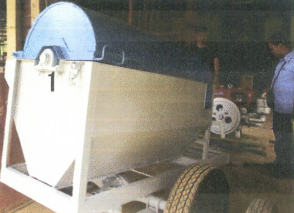
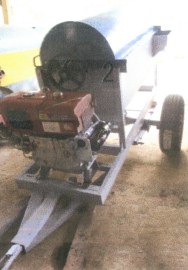
Above pictures show the rear and front view of the coco coir decorticating machine funded by DOST-TAPI.
- Details
By: Fidel Feria
Roderick Nicolas’s Alkaline Fuel Cell-Hydrogen Pro-life Solution (AFC-HPS) was first assisted by DOST-TAPI through its Intellectual Property Rights Assistance Program (IPRAP). He was further assisted by the agency through laboratory testing and analyses. Years later, Nicolas applied for DOST-TAPI’s Invention-Based Enterprise Development (IBED) Program to further improve the market-readiness of his invention
In the hunt for purpose, only a few are early to strike gold. Musicians, for instance, will pick up an instrument at a young age and find the rest of their lives devoted to the stage. Ambitious teens will shadowbox in front of mirrors until they notice themselves performing these very feats to a captive audience. There are also stories of latecomers—people who lead full lives before happening upon their life’s work, but their tales are no less extraordinary.
One such story is that of inventor Roderick Nicolas.
Born in Manila, he relocated with his family to San Pedro, Laguna to continue their successful seafood distribution business. Perhaps as a consequence of running a lucrative business, his family was not particular about academic excellence.
Then a jockish basketball standout, young Roderick preferred having a good time over cracking his books. But doggedly rising above his thrill-seeking nature were his brains. He was an avowed jack of all trades in his classes. It proved his natural talent and an early instinct for innovation.
After finishing high school, he took up a two-year vocational course on computer technology in IETI College Alabang. Thanks to an already formidable work ethic, he found work as a welder as he was completing his studies. Upon graduation, he accepted a full-time job as a spot welder at a local paper mill. Seeing his admirable performance, the company offered him a promotion, but he gently refused as he was setting his sights to work overseas. He left the paper mill after six months.
In 1990, still young but with plenty of real-world experience, Roderick offered to work in his family’s business. His parents promptly agreed and entrusted him with major distribution tasks. He would oversee and ride along for deliveries, which went deep into night. His downtime in between his rigorous work proved integral to his life: it was during these hours that his faith in God deepened. In taking in the word of God, he developed an appreciation of knowledge much greater than he would ever have.
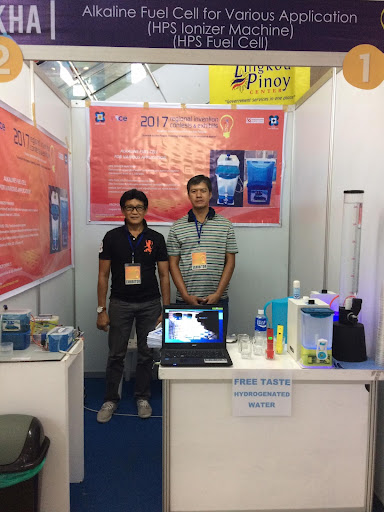
Inv. Nicolas participated in the 2017 National Invention Contests and Exhibits under the LIKHA Award for Best Creative Research Category. (Image source: Roderick Nicolas/Facebook)


